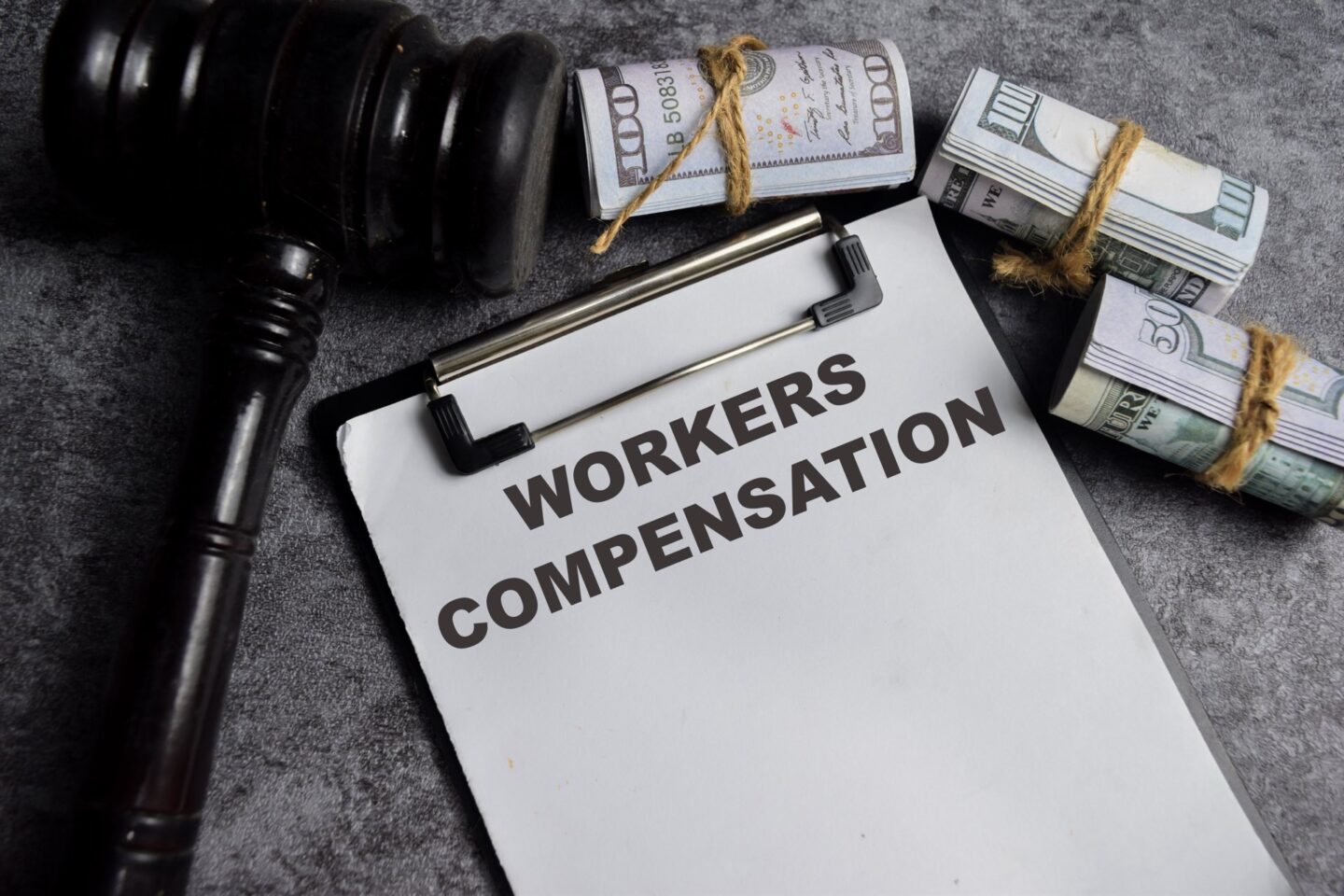Worried about filing a claim at work? You’re not alone.
This post covers:
- Your legal rights under RCW 51 and Washington workers’ comp law
- Why the system exists and what it means to file a claim
- What retaliation looks like—and what to do if something feels off
- How we help injured workers protect their benefits and peace of mind
You got hurt at work. It may have been a quick accident, or maybe it built up slowly—one lift, one reach, one repetitive motion at a time.
Now you’re in pain. You know something isn’t right. But before you even think about a doctor or paperwork, one question echoes louder than anything:
“Am I going to get in trouble for filing a claim?”
You’re not trying to start a fight. You’re not the type to stir the pot. You just want to heal and keep your job. And that’s exactly what workers’ comp is designed to help you do.
In Washington, the workers’ compensation system is governed by the Industrial Insurance Act, codified in RCW Title 51. It’s a no-fault insurance system, which means:
- You don’t have to prove your employer did anything wrong
- You can be partially at fault and still receive benefits
- You’re not suing your boss—you’re using the coverage that already exists for this exact reason
RCW 51.04.010 spells it out clearly: The system was created to provide “sure and certain relief for workers, injured in their work.”
So if you’re asking, “Am I doing something wrong by filing a claim?”—the answer is no. You’re doing exactly what the law intends you to do.
Washington law is explicitly protective of workers who file claims.
Under RCW 51.48.025, it is illegal for an employer to discharge or discriminate against a worker for filing (or intending to file) a workers’ compensation claim.
This includes termination, demotion, duty changes, or hostile treatment related to the claim. Employers who violate this law can face penalties—and workers may have grounds for further legal action under wrongful discharge claims.
Because your average injured worker isn’t quoting statutes—they’re living with real-life fears: Will my manager treat me differently? Will I be labeled ‘difficult’? These fears are normal. Especially in physical jobs with a strong ‘push through it’ culture.
But filing a claim isn’t selfish—it’s responsible. It’s not dramatic—it’s expected. And it’s not a fight—it’s a right.
Here’s what you’re actually doing when you file a claim in Washington:
- File with the Department of Labor & Industries (L&I) or your self-insured employer
- Receive a claim number and manager
- Medical care is covered; wage replacement may be available
- Employer is notified; focus remains on benefits—not blame
- Your job should remain protected; retaliation is not allowed
WAC 296-15-420 gives additional guidance for self-insured employers on proper, fair claim handling.
If your hours are cut, duties shift, or something feels off—don’t ignore it.
Start documenting. Keep notes. Reach out.
While we don’t handle employment retaliation cases, we work closely with clients who are navigating the workers’ comp system and can refer you to trusted employment attorneys if needed.
You don’t have to escalate—but you don’t have to guess what’s normal either.
You didn’t ask to be injured. But you are allowed to ask for help recovering. The system exists because workers get hurt. And you’re not wasting anyone’s time by using it.
You’re doing exactly what the law says you should do.
If you’re hurt and scared about what happens next, you’re not alone. And you don’t have to figure it out alone.
👉 Schedule a free consultation
We’ll walk through your options, explain how claims work, and make sure you understand your rights—both under the system and in your workplace.
No drama. No pressure. Just real help.
